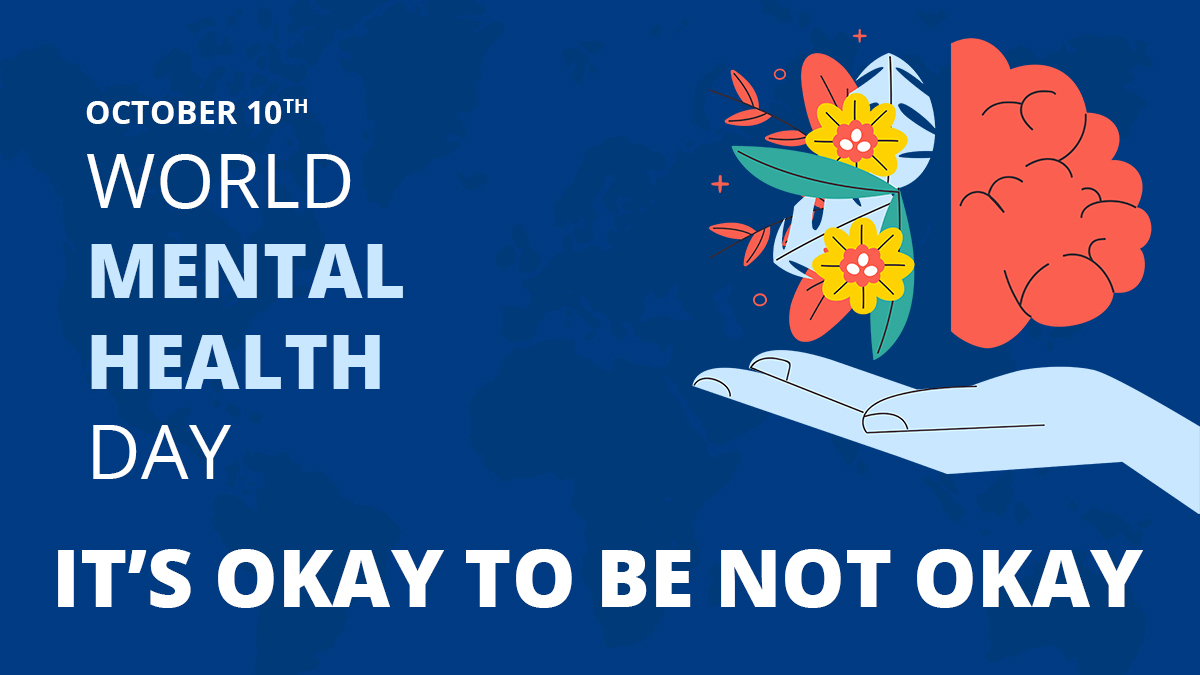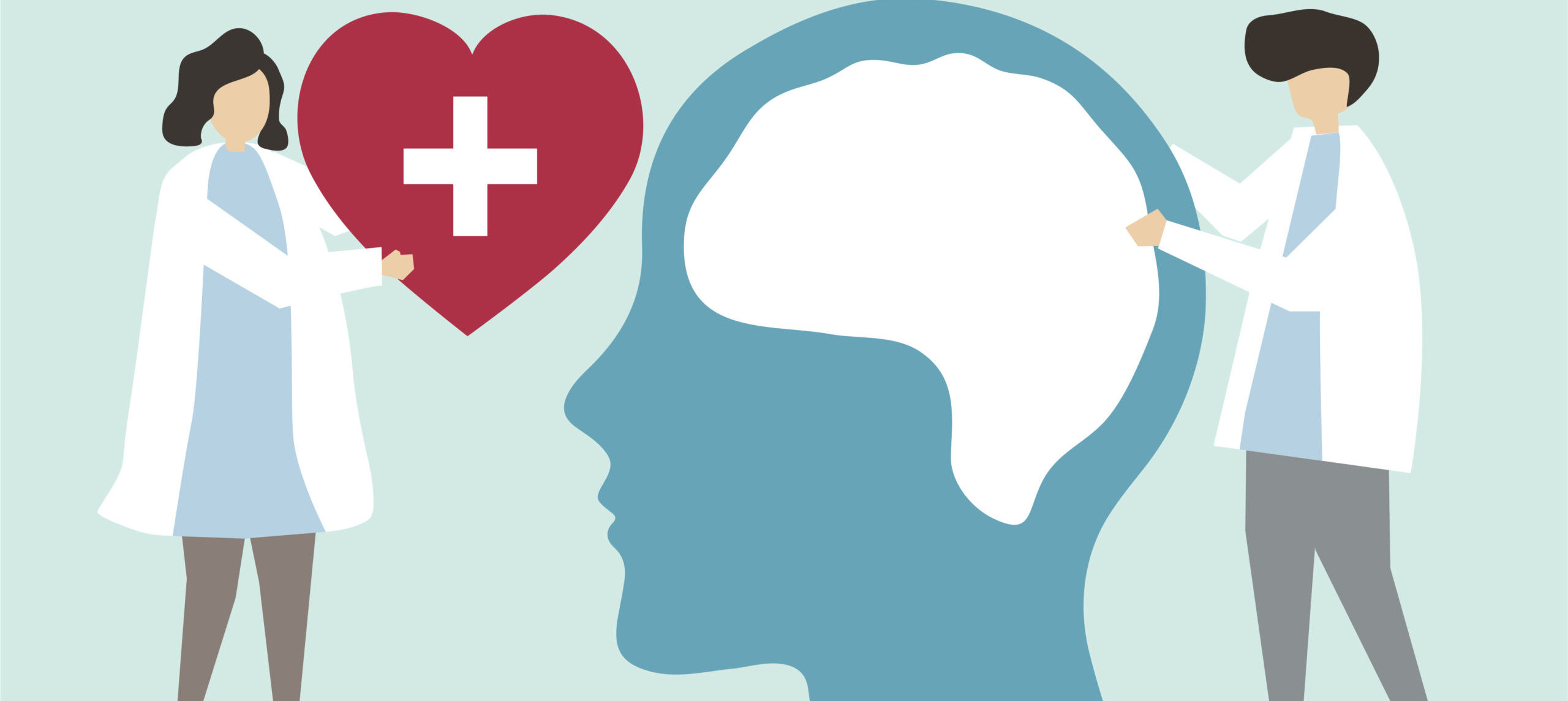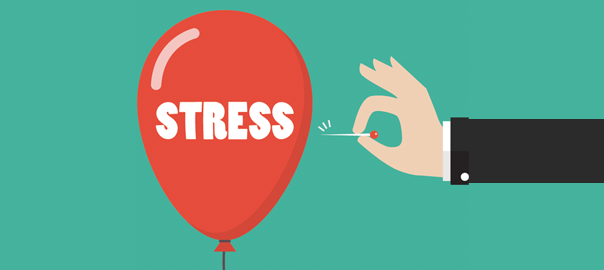Medically reviewed by Dr. Riaz Ali Shah.
Loud noises from racing motorbikes, honking cars and sputtering rickshaws are common place in not only big cities, but also small towns. Noise pollution, a consequence of increased urbanization, has now become a part of our everyday experiences. It is important to note that noise doesn’t just exist on the outside, it is also present in our homes. Home appliances such as televisions, refrigerators, ovens and microwaves emit sounds that trigger stress responses in the brain.
Living in constant background noise can have devastating consequences for our health.
Noise pollution harms language learning abilities in children
According to a team of psychologists who studied the effect of noise pollution on children living in apartment buildings, the children who were on the lower and noisier floors had difficulty telling certain similar sounding words apart. They also had more difficulty in reading and language development in general.
It causes hearing loss
Prolonged exposure to sounds at or above 85 decibels can cause irreversible hearing loss and a condition called tinnitus which is characterized by ringing sounds in the ear.
It increases anxiety and depression
In adults, recent research shows that noise annoyance increases prevalence of anxiety and depression by twice as much. According to another study, people who live in areas where there is traffic noise are 25 per cent more susceptible to depression than those who live in quieter neighbourhoods.
Noise pollution is linked to heart disease and high blood pressure
One of the most serious problems caused by noise pollution is the effect it has on one’s physical health. Due to the fact that noise triggers the body’s stress response, high levels of stress hormones cause high blood pressure. Risks of heart disease and stroke are also increased due to chronic stress conditions. One particular study with 75 adults found that participants who experienced the most noise slept worse and more vascular damage, inflammation and high levels of stress hormones.
How can I protect myself?
Although it is not always possible to have complete absence of noise, it is important to learn how to distinguish sounds that are most harmful for your physical and mental health. Anything at or above 85 decibels can be dangerous for you, which includes heavy traffic, loud restaurant, window air conditioner, lawn mower, construction work and aircraft noise. Many people are now experiencing hearing damage due to listening to loud music on earphones which is 90 decibels or more.
There are many steps that you can take to protect yourself from experiencing the adverse effects of noise pollution, such as keeping the sound low when you listen to music on earphones, wearing earplugs when surrounded by loud noise, insulating gaps in doors and windows of your home and turning off the TV when no one is watching.
We hope that this article has helped you learn about the harmful effects of noise pollution and ways in which you can prevent damage to your physical and mental health. If you are worried about your hearing, stress levels or mental health, you can consult medical professionals for free on our app.






